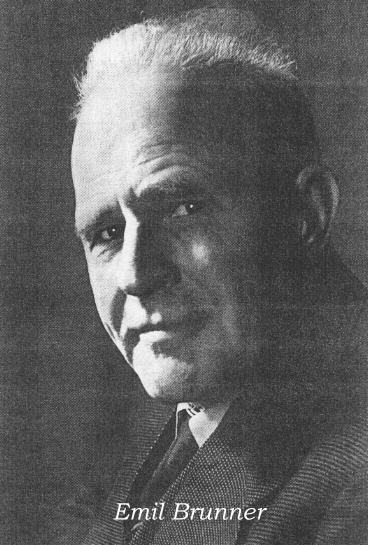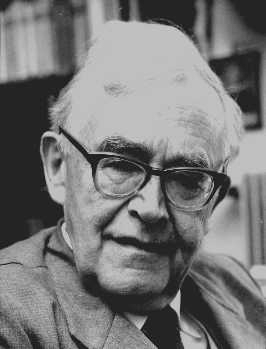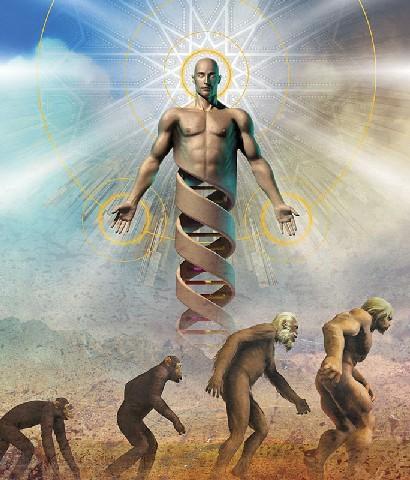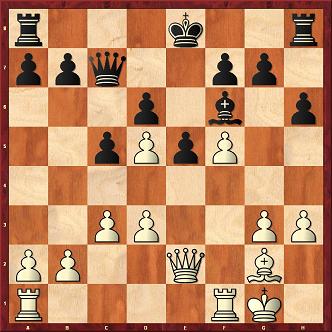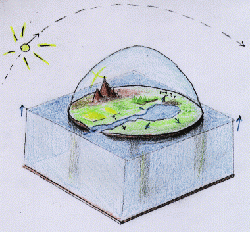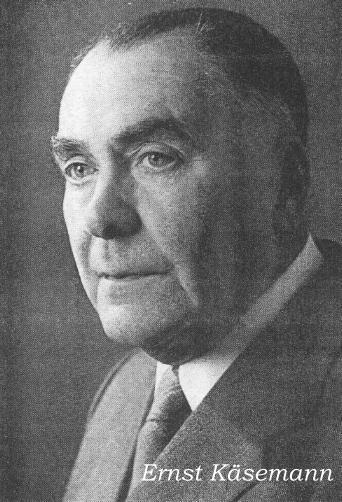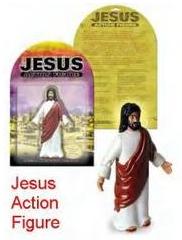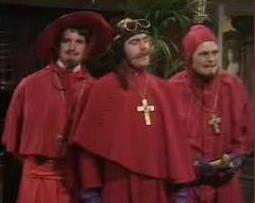
I recently had a meeting with an intelligent and zealous young evangelical/charismatic Christian man. Certain friends of mine had suggested we talk as he was thinking of starting some sort of 'Bible College' study. I'm not sure that I was the best choice, having completed my undergraduate studies in St Andrew's University, and Bible college, well, for undergrad study it just never appealed to me personally.
Nevertheless, as he rattled off to me what he had been reading (a kindly minister had given him his personal library to work through!), I sat there thinking to myself, 'He sounds
so much like me in the first few years of my Christian life'. And so I gave him some well-intentioned advice that I wish someone had given me back then - although I'm sure I would have been too know-it-all to accept. Its only a rule-of-thumb, but here it is:
For every few books you read, prayerfully, with an open and humble heart, and preferably in some sort of 'communal dimension', read 1 that you know or suspect you will disagree with. i.e. read a book you consider 'deceived' or even 'heresy'.
I think this principle, especially in the hands of those who want to teach the Bible, can help to breed, among other things:
· humility
· appropriate tolerance
· even appropriate agnosticism
· love for the world-wide church in its various expressions
· a better grasp of what the gospel means for our world, and the consequent mission of the church
· and, oddly, passionate conviction – but hopefully when it matters!
Here are some ideas:
For example,
If you are a convinced charismatic, read something like
Charismatic Chaos by John MacArthur
If you are a convinced cessationist, read something like
The Holy Spirit and Spiritual Gifts, Then and Now, by Max Turner
If you are convinced believer in the absolute sovereignty of God, read something by Clark Pinnock or his 'Open Theology' chums.
Or if you are into Open Theology, read something like
Beyond the Bounds , edited by Piper, Taylor and Helseth
If you are sure chess is boring, first repent. Second, read Chess:
The Art of Logical Thinking by Neil McDonald and learn! Oops.
If you are sure old-school theological liberals are all simply deceived and going to hell, read something like Bultmann's
Theology of the New Testament, or something by Schweitzer or Deissmann.
If you are certain that all early conservatives reactions to protestant liberalism were naïve and unsophisticated, read the works of Adolf Schlatter
If you are convinced that hell is 'eternal torment', read something like
The Last Word and the Word After that by Brian McLaren
If you are a universalist, read, for example,
The Nature of Hell by the Evangelical Alliance
If you are sure the Bible is factually inerrant at every level and absolutely without any kind of discrepancy … errr, read the Bible.
If you are convinced that Jews have their own
Sonderweg, and don't need Jesus for salvation, read something by Tom Wright, or Steve Motyer's
Israel in the Plan of GodIf you are convinced the 'Emerging Movement' is the future, actually read Carson's
Becoming Conversant with the Emerging Church, and don't just read reviews of it that tell you what you want to hear
If you are convinced that Jews do need faith in Jesus for salvation, read something by Lloyd Gaston, John Gager, or Krister Stendhal
I could go on, and I probably will in a later blog … but I'll finish with this question: Why do you read the books you do, and why do you avoid others? Have you actually read the person you disgree with, or someone who represents that particular 'doctrinal deception'? Does not making a judgment involve informing ourselves with both sides of a potential argument?
Actually, I often find real treasures in books that I had previously 'written off'. And maybe - perhaps what we most fear - we'll discover that we were the ones that had things wrong after all. But maybe that won't be bad at all, but a moment of important discovery. So, go on! Pick up a book by your favourite heretic, and give it a read.
